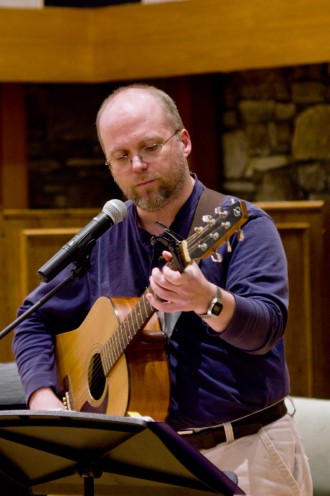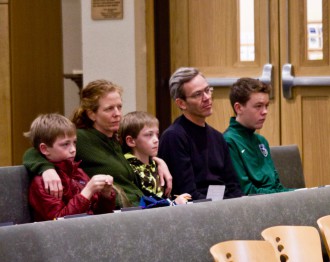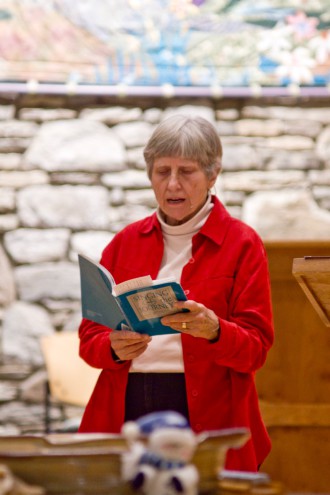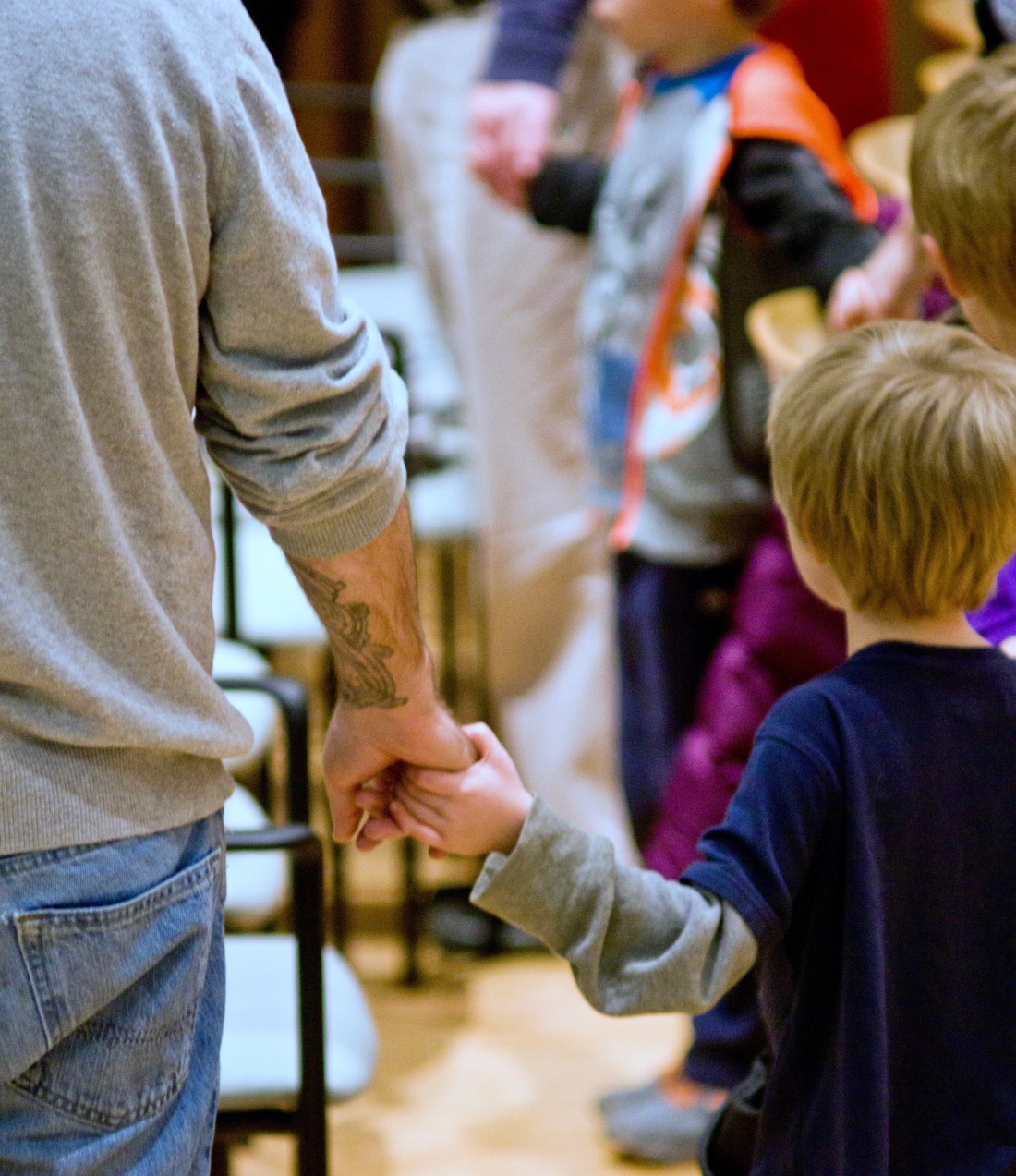In today’s world of FaceTime instead of face-to-face time, local youth ministers are reaching out to help their young churchgoers connect in meaningful ways.
A strong spiritual rudder can help young people navigate life’s problems long after they’ve sailed into adulthood, youth ministers say. In Asheville, some churches have changed the way their programs target young people, giving them not only a place to worship, but also a place to find community and learn life skills.
Churches create connection
At Biltmore Church, youth minister Adam Hatton says the focus is on bringing the whole family into the church while giving kids a safe place to blow off steam. Most Wednesday nights, the five Biltmore Church campuses in the area host students from fifth to 12th grade for worship services centered on them.

At other times during the week at each campus, the students are assigned to small groups, with the goal of providing them a cohort with whom they will walk through life, not just the rest of their school days, Hatton says. “We want students to own their own faith by the time they graduate from high school,” he says. “We want them to come here and see that being a Christian isn’t as uncool as some people make it out to be.”
Biltmore Church offers Connect Groups, where people can gather with folks in similar demographics, such as single mothers, young married adults and college-age people. “Christianity doesn’t happen in rows — it happens in circles,” Hatton says.
Hatton says more and more, students want to find their tribe, to be connected to something bigger than themselves. Members of Generation Z (those born starting in the mid-1990s) seek relationships much more than do Millennials, the generation that’s slightly older than that, he says. “When I see 10th- and 11th-grade kids come together with one of their classmates whose parent is dying of cancer and they pray over him, … I know Christ is here in them,” he says. “Christ calls us to rely on him, but he doesn’t call on us to do it alone.”
Biltmore Church has more than 7,000 regular weekly attendees across five different locations and between 600 and 700 students involved in the youth ministry programs. While getting kids interested can be difficult, Hatton says, once they are involved with it, they stay involved.
Painting a bigger picture
At Crossroads Asheville, youth minister Eric Hill partners with parents to help the students grow into healthy adults.
On Wednesday nights, the 25-30 children in the nearly 700-member congregation come together for a service just for them. After hanging out or playing basketball, the students have their own worship session, led by Hill and accompanied by a youth band. “In my sermons, I try to focus on self-identity, try to help them figure out who they are,” Hill says. “I try to stay away from politics and give them the building block of how to deal with things in the future.”

Kids in the youth ministry program also participate in missions. But these missions, Hill says, are mainly focused around the Asheville area. “Some churches do mission trips, but I think there’s plenty of need right here. I have a group that goes to senior centers and another group that helps out at a food kitchen,” he says. “Kids can be a little self-absorbed, so I want to try to give them a sense of the bigger picture. It’s so important to give them a sense of the world and what’s out there outside of them.”
Hill says it’s not his job or desire to take the place of parents, but he tries to be there for the kids to lean on if they need him and to help guide them in their journey of faith.
Teachable moment
At the Unitarian Universalist Congregation of Asheville, the youth program works to help kids see their own faith from a broader perspective. Kim Collins, the UU youth minister, says the church has about 500 members, of which 120 are children and youth. The youth ministry provides a variety of programming for kids in seventh grade and older.
Collins says the church offers classes to help young people learn about the diversity of the world around them, as well as where they fit into that picture. For seventh-graders, a class called Neighboring Faiths looks at the different religions of the world; eighth-graders get a class called Our Whole Lives, a comprehensive sexuality program.

“Our Whole Lives … focuses on healthy relationships and decision-making, but it also looks at bullying and internet use,” Collins says. “It is a really comprehensive course on how to navigate aspects of our lives.”
In ninth grade, the program becomes more intense, Collins says. During a yearlong program, teens and their parents commit to a program that supports the young people as they discover where they are in their own religious beliefs. Students are linked with adult congregants who help them explore their faith and come up with their own faith credo, which they will later recite before the congregation in a special service. In high school, the youth programs also focus on transitioning students into leadership roles within the church.
The Unitarian fellowship also has a Wednesday night service where families worship together, followed by special programs to bridge the generations. Members come together for a fellowship dinner before hearing a worship service, but afterward students leave to have their own activity. For example, on Dec. 6, after worship service, children went off to participate in a yoga program, while the adults participated in a program on human sexuality.
Collins says the programs are important in helping young people find their way in their own faith. “We have people of all walks of life here, and we’re inclusive,”she says. “There are many adults here to serve as role models.”




Rule #1: Get ’em while they are young and have no critical thinking skills.
Rule #2: Instill fear to control behavior and thoughts
Rule #3: Get money
Rule #4: Teach hate and fear of anything different from you
Informative article suggesting worthy goals. But, I do have a question about actual content.
I noticed Jason’s comment 8 months ago was completely off target as he expressed what
appears to be his prejudices — not citing specifics and offering evidence that hate and fear is taught.
I’d like to know are issues like War and Peace explored and is there some form of meditation
taught?